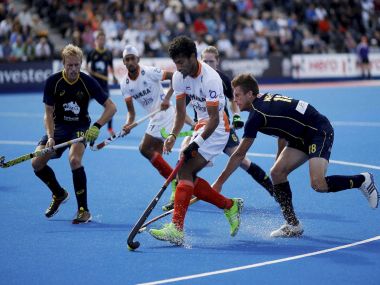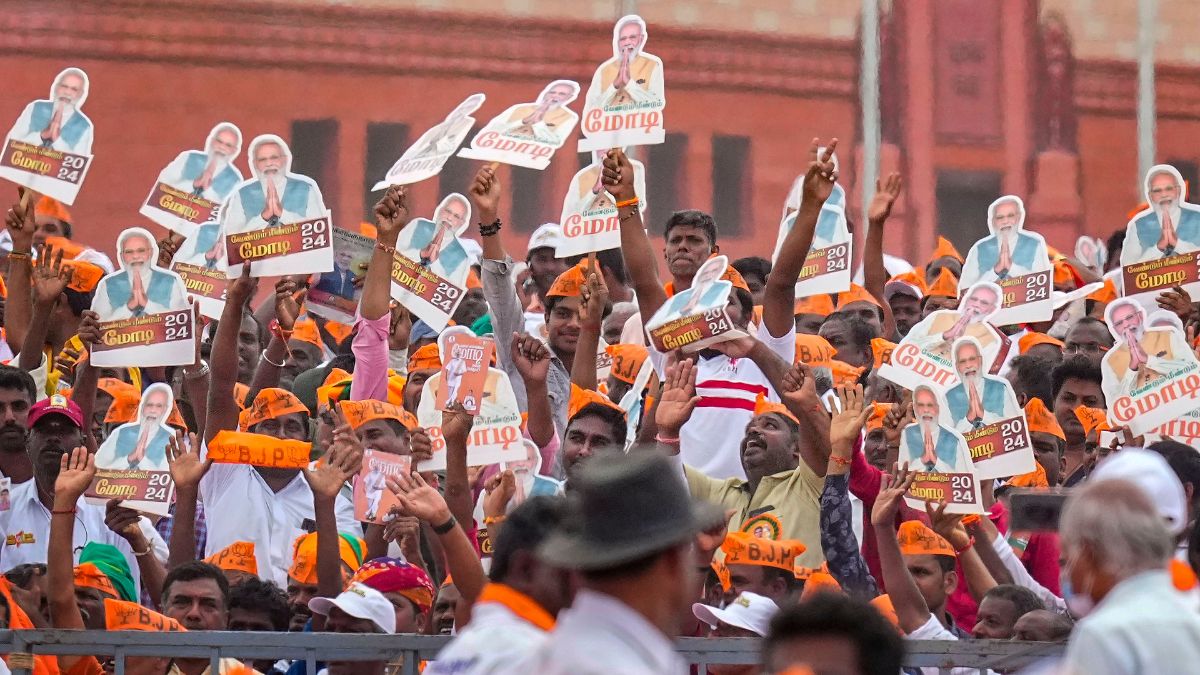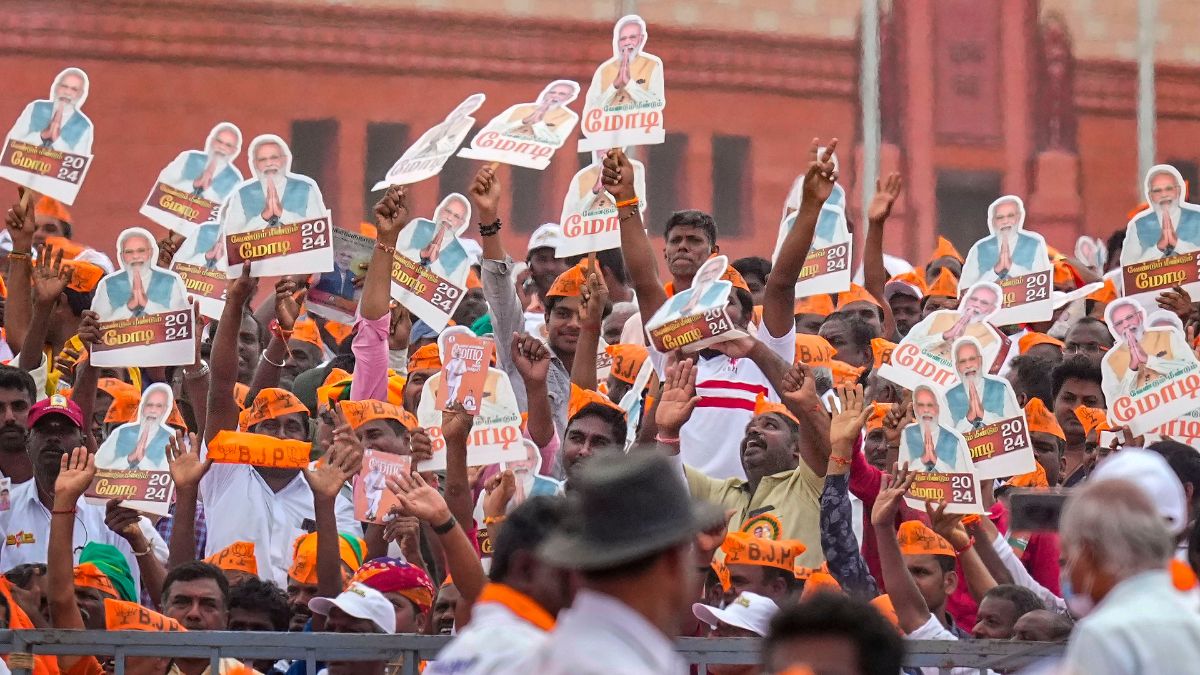Thirty eight years after the first edition of the Champions Trophy was played in Lahore in 1978, India has entered the final of the prestigious tournament for the first time. Even though they lost to Australia 2-4 in their last Pool match, the 3-3 draw between Great Britain and Belgium gave India their ticket to the final, to be played at the Queen Elizabeth Olympic Park on Friday. Including the ongoing tournament, India has played in 15 Champions Trophy editions so far, with their highest finish being a bronze medal back in 1982.
Australia finished on top of the pool with 13 points followed by India with seven. Thanks to their 7-0 win over South Korea, Germany jumped from the bottom of the pool to finish third and will now take on Great Britain in the bronze medal match. Belgium and South Korea are fighting for the fifth and sixth spots.
Against Australia, statistics had already prophesied that India had a mountain to climb. In 13 Champions Trophy matches against Australia, India had only won twice, with two matches drawn. In the 114 matches played between both the nations, India had won only 21, drawing 17 and losing 76. In their last encounter, the Sultan Azlan Shah final, India had lost 0-4.
With those kind of numbers stacked against them, India, obviously started on the back foot. But the lack of intensity was puzzling. Most players were rooted to the spot. There was no desire to swiftly inter-change positions. The few openings that fell India’s way were on the right flank, the runs being dictated by defender Surender Kumar. Australia probed, using both the flanks with a few penetrations down the middle.
In the second quarter, Australia meant business. They swarmed all over the Indians. India, on the other hand, did break away for a few moves but seemed bereft of ideas outside the Australian striking circle. After saving four penalty corners, Sreejesh was finally beaten by Trent Mitton in the 20th minute as the Aussies went up 1-0.
Three minutes later Sreejesh was slightly unlucky as the push from Daniel Beale ricocheted of the Indian goalkeeper’s pads for an easy tap in from Aran Zalewski. The Kookaburras were threatening to run away with the match. At this stage, Australia’s circle penetrations were ten to India’s zero. India were not willing to stretch the field or use long passes to break-up Australia’s momentum. Worse, without rotating the ball in the zone between the midfield and the defence, they were allowing Australia to attack. India were unable to neither killing the pace, nor the momentum of the Aussies.
At the start of the third quarter, Australia had 12 shots at goal to India’s none. They also had 12 circle penetrations to India’s one. After not being able to score of the seventh, eight and ninth penalty corners, Australia’s Flynn Ogilvie was given space inside the Indian striking circle and he beat Sreejesh with a powerful reverse shot. At 3-0, it seemed that India would drown. But slowly, the Indians were building up. The players inter-changed positions quickly, running into empty areas to receive passes. They were rewarded with India’s first penalty corner but the break came off the second penalty corner in the 45th minute when Raghunath scored.
But within 20 seconds, Australia scored their fourth off Tristan White to lead 4-1. The Indians may have walked off heads drooping but they came strongly in the fourth quarter. It was their best display in the match as they held the ball, not wasting the passes and ensuring that Australia didn’t get any counters from Indian mistakes. With the Aussies defending stoutly, India suddenly had more space. A Danish Mujtaba pass on the top of the Aussie striking circle found Talwinder Singh whose first time reverse hit found the angled stick of Mandeep Singh and into the Aussie goal. The scores now read 2-4.
Aran Zalewski was shown the yellow card and suspended for five minutes. During this period, India attacked with vigour and passion but even after forcing two more penalty corners, couldn’t find the net. India had 62 percent possession in the fourth quarter.
No one knows what the Indian coach Roelant Oltmans told his team at the halfway mark, but it had its effect as India played its best hockey of the match. It didn’t help in avoiding a 2-4 defeat at the hands of World Champions Australia, but it gave us an inkling that if India play possession hockey with systematic build-ups, they can carry the fight to a team as accomplished as the Kookaburras.
When asked to analyse India’s performance in the first two quarters, Oltmans said, “It’s the worst I have seen them play in the last two years.” Telling comment that!


)




)
)
)
)
)
)
)
)